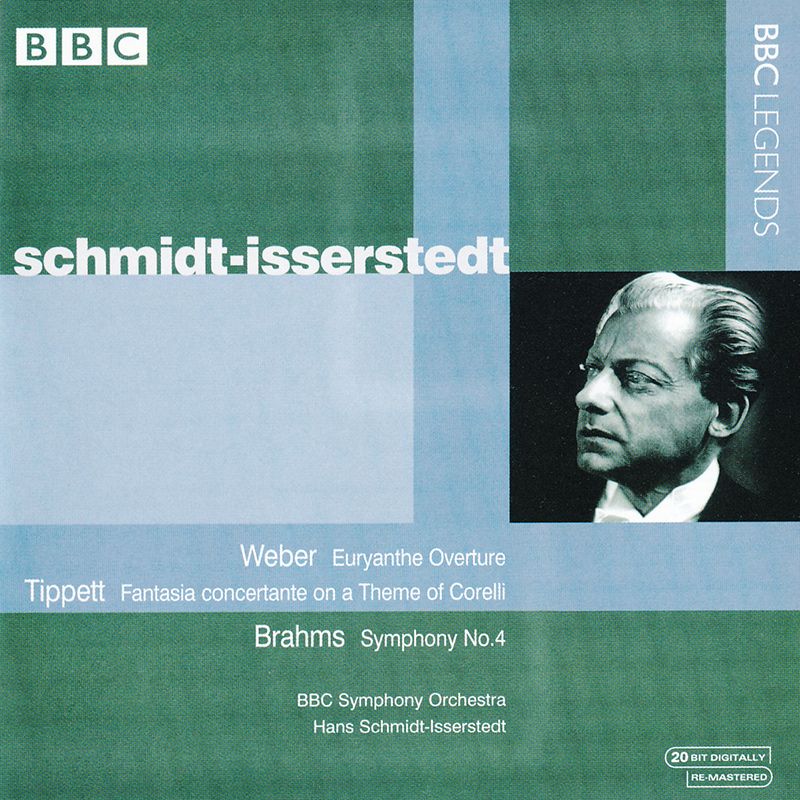Logowanie
Dlaczego wszystkjie inne nie brzmią tak jak te?
Chai Lang, Fan Tao, Broadcasting Chinese Orchestra
Illusive Butterfly
Butterly - motyl - to sekret i tajemnica muzyki chińskiej.
SpeakersCorner - OSTATNIE!!!!
RAVEL, DEBUSSY, Paul Paray, Detroit Symphony Orchestra
Prelude a l'Apres-midi d'un faune / Petite Suite / Valses nobles et sentimentales / Le Tombeau de Couperin
Samozapłon gwarantowany - Himalaje sztuki audiofilskiej
PROKOFIEV, Stanislaw Skrowaczewski, Minneapolis Symphony Orchestra
Romeo and Juliet
Stanisław Skrowaczewski,
✟ 22-02-2017
BARTOK, Antal Dorati, Philharmonia Hungarica
Dance Suite / Two Portraits / Two Excerpts From 'Mikrokosmos'
Samozapłon gwarantowany - Himalaje sztuki audiofilskiej
ENESCU, LISZT, Antal Dorati, The London Symphony Orchestra
Two Roumanian Rhapsodies / Hungarian Rhapsody Nos. 2 & 3
Samozapłon gwarantowany - Himalaje sztuki audiofilskiej
Winylowy niezbędnik
ClearAudio
Cartridge Alignment Gauge - uniwersalny przyrząd do ustawiania geometrii wkładki i ramienia
Jedyny na rynku, tak wszechstronny i właściwy do każdego typu gramofonu!
ClearAudio
Harmo-nicer - nie tylko mata gramofonowa
Najlepsze rozwiązania leżą tuż obok
IDEALNA MATA ANTYPOŚLIZGOWA I ANTYWIBRACYJNA.
Wzorcowe
Carmen Gomes
Celebrating the art and spirit of music - vol. 5 - Reference Songs
- CHCECIE TO WIERZCIE, CHCECIE - NIE WIERZCIE, ALE TO NIE JEST ZŁUDZENIE!!!
Petra Rosa, Eddie C.
Celebrating the art and spirit of music - vol. 3 - Pure
warm sophisticated voice...
SAMPLER - STS DIGITAL, Gregor Hamilton
Celebrating the art and spirit of music - vol. 2 - Love songs from Gregor Hamilton
...jak opanować serca bicie?...
SAMPLER - STS DIGITAL
Celebrating the art and spirit of music - vol. 1 - Leonardo Amuedo
Największy romans sopranu z głębokim basem... wiosennym
Lils Mackintosh
Celebrating the art and spirit of music - vol. 4 - A Tribute to Billie Holiday
Uczennica godna swej Mistrzyni
WEBER, TIPPET, BRAHMS, BBC Symphony Orchestra, Hans Schmidt-Isserstedt
Euryanthe Overture / Fantasia concertante on a Theme of Corelli / Symphony No. 4 in E Minor, Op. 98
- BBC Symphony Orchestra - orchestra
- Hans Schmidt-Isserstedt - conductor
- WEBER
- TIPPET
- BRAHMS
Lushy-realized scores by Weber, Tippett, and Brahms mark this assemblage of studio (Weber, 11 April 1971) and live concert (Royal Albert Hall, 14 April 1971) performances under the direction of the capable Hans Schmidt-Isserstedt (1900-1973). The opening Euryanthe Overture from the BBC studios at Maida Vale reveals the lyrical flexibility Schmidt-Isserstedt could elicit from a responsive ensemble: alert, articulate, idiomatic playing. It had been in 1965 that Decca engaged this conductor for the first stereo cycle of Beethoven symphonies on records. Of particular note is the luxurious work by Sir Michael Tippett, a string-orchestra fantasia that certainly takes its cue from Vaughan Williams, but perhaps no less so from Addison and Ernest Bloch. The original Corelli tune acquires an entirely new resonance and romantic luster via Tippett’s doubling of parts and the application of modal harmonies. The two violins and cello form a concertino that often interrupts the flow of the tutti, several times in contrary motion to the ripieno line. The fugal writing suggests Bartok as well as Bloch, the feverish lines driven hard as the BBC celli and bassi weave a serpentine line underneath the churning figures of the three soli. The brooding, melancholy episodes might be construed as written by Martinu, Einem, or Bax. Musical biographer John L. Holmes traces the Tippett connection to Schmidt-Isserstedt as far back as the conductor’s Darmstadt days that began in 1931 and ended only when National Socialism banned “radical” music from German concert halls. The Brahms Fourth holds a special meaning for Schmidt-Isserstedt: it was the last major work he conducted, a week before his death in May 1973. He moves this 1971 performance rather briskly, the horn and woodwind sound looming large over the tango-esque figures in the first movement strings. A sonic cross between the romantic tradition in Walter and the more streamlined, objectivist school of Kertesz, the conveys a definite middle-European cast, a warm affection that does not degenerate into self-indulgent broth. The attack at the beginning of the music’s second-period group proves startled, refreshed, and compelling, ending with a vividly realized transition to the recapitulation. Feverish, manic stretti bring the convulsive coda to a strong-willed, decisive close. After gorgeously balanced, melodic contours in the E Major Andante, I relished the ensuing Scherzo (Allegro giocoso), a muscularly virile –even headlong–rush, indeed, brightly colored and driven, except for a bucolic moment in the trio. The Royal Festival Hall audience, too, can taste the post-Victorian ceremony of the last movement passacaglia: a palpable grandeur suffuses the air, plastic, expansive, the continuity an unbroken caravan of Bach figures romantically harmonized. Grand musicianship! — Gary Lemco
























